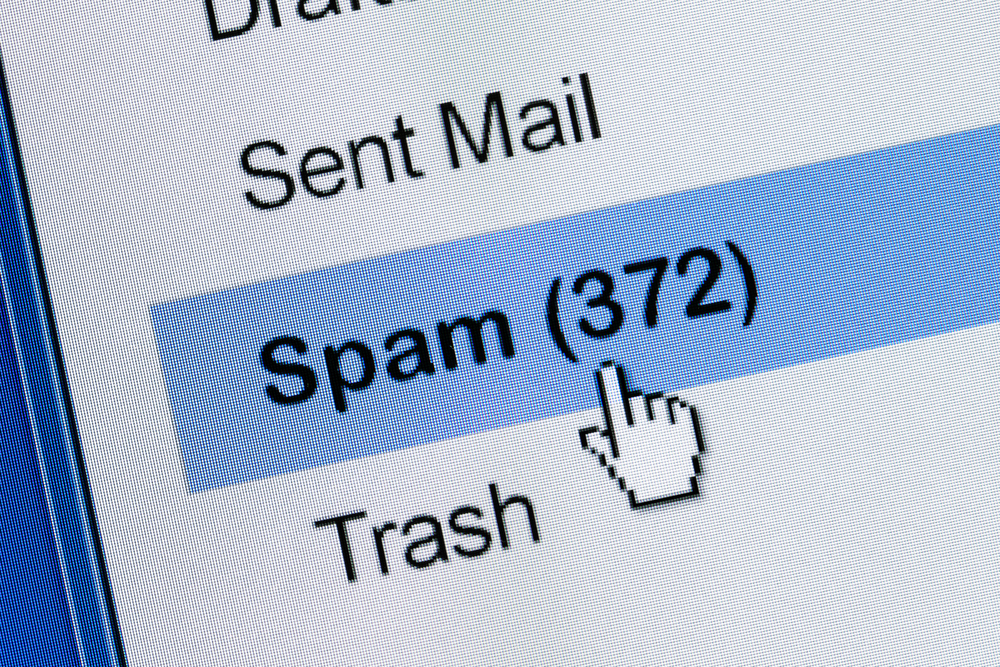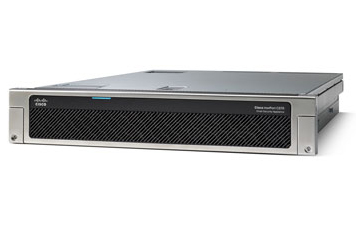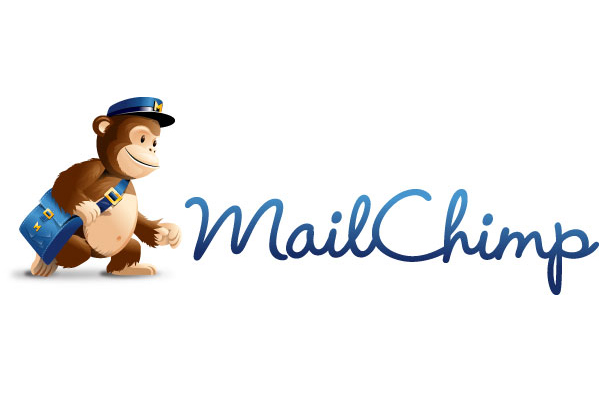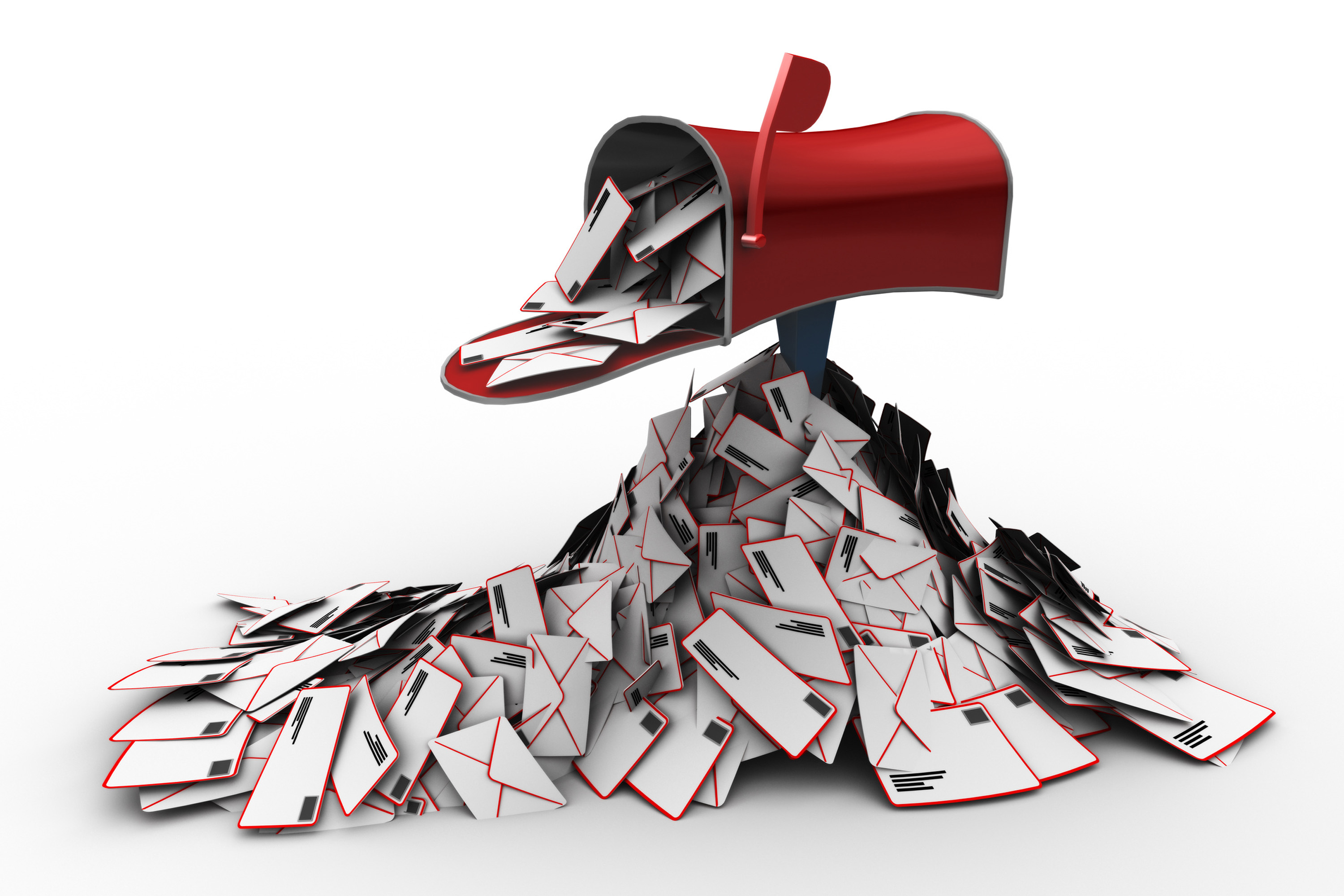Only five per cent of emails reach inboxes
ENISA's latest spam report shows ISPs are having to apply increasingly large resources to stopping malicious content at the inbox door.

Spam accounts for 19 out of every 20 emails sent, and ISPs aren't doing enough to combat it, according to the European Network and Information Security Agency (ENISA).
The EU's cyber security agency has just released its third annual spam report, and says a more "dedicated effort" is needed from ISPs to get spam under control.
It spoke to 100 email service providers of various sizes in 27 EU member states as part of its ongoing strategy to combat spam. The survey was aimed at getting a feel for the measures ISPs had put in place to deal with spam.
Its results show genuine email has decreased from six per cent of 2008's total email count to five per cent a year later, with 70 per cent of respondents saying spam was an "extremely significant or significant" part of their security strategy.
Last week McAfee came to much the same conclusion in its first report of the new decade pulling out pharmaceutical spam as the biggest culprit.
"Spammers have such a grip on this market, this area of the web is becoming increasingly standardised, making detection of malicious content all the more difficult," it said in a statement.
To that end, ENISA reported that a third of the largest service providers reported anti-spam budgets reaching into the millions every year, while a quarter of even the smallest providers reported an annual spam-fighting budget exceeding 10,000.
Get the ITPro daily newsletter
Sign up today and you will receive a free copy of our Future Focus 2025 report - the leading guidance on AI, cybersecurity and other IT challenges as per 700+ senior executives
ISPs were found to be using a wide spectrum of measures to try and stem the flow, from technical and policy steps to raising awareness and establishing a clear legal framework for tackling the issue.
Depressingly, it concludes that no significant progress is being made.
"Spam remains an unnecessary, time-consuming and costly burden for Europe," ENISA's executive director Dr. Udo Helmbrecht said. "Given the number of spam messages observed, I can only conclude more dedicated efforts must be undertaken.
"Email providers should be better at monitoring spam and identifying the source. Policy-makers and regulatory authorities should clarify the conflicts between spam-filtering, privacy, and obligation to deliver."
-
 Bigger salaries, more burnout: Is the CISO role in crisis?
Bigger salaries, more burnout: Is the CISO role in crisis?In-depth CISOs are more stressed than ever before – but why is this and what can be done?
By Kate O'Flaherty Published
-
 Cheap cyber crime kits can be bought on the dark web for less than $25
Cheap cyber crime kits can be bought on the dark web for less than $25News Research from NordVPN shows phishing kits are now widely available on the dark web and via messaging apps like Telegram, and are often selling for less than $25.
By Emma Woollacott Published
-
 Outlook and Hotmail email accounts hit by spam attack
Outlook and Hotmail email accounts hit by spam attackNews Users were bombarded by spam emails apparently because Microsoft's spam filters weren't working properly
By Clare Hopping Published
-
 New Cisco email services to enhance security and management
New Cisco email services to enhance security and managementNews Cisco's new email services could put Exchange's laughable email recall and receipts features to shame.
By Alan Lu Published
-
 Travelodge hit by data breach
Travelodge hit by data breachNews Customers of the hotel chain have been spammed following a data breach.
By Maggie Holland Published
-
 Amazon Simple Email Service launched
Amazon Simple Email Service launchedNews Amazon's cloud side looks to help companies send out bulk emails with its new service.
By Tom Brewster Published
-
 MailChimp review
MailChimp reviewReviews Is the amusingly-named MailChimp email marketing service sweet as a banana or a bit of a howler? Karl Wright finds out in our review.
By Karl Wright Published
-
 UK in top four for sending spam
UK in top four for sending spamNews The UK has taken fourth place in the list of countries with the most spam relays.
By Tom Brewster Published
-
 Millions of legitimate emails getting blocked by ISPs
Millions of legitimate emails getting blocked by ISPsNews Internet service providers (ISPs) are blocking millions of legitimate emails, an email delivery company has claimed.
By Stewart Mitchell Published
-
 Outbound spam a big concern for users
Outbound spam a big concern for usersNews Most email users consider blocking of spam sent from within a service provider's network as a big issue, according to a poll.
By Tom Brewster Published